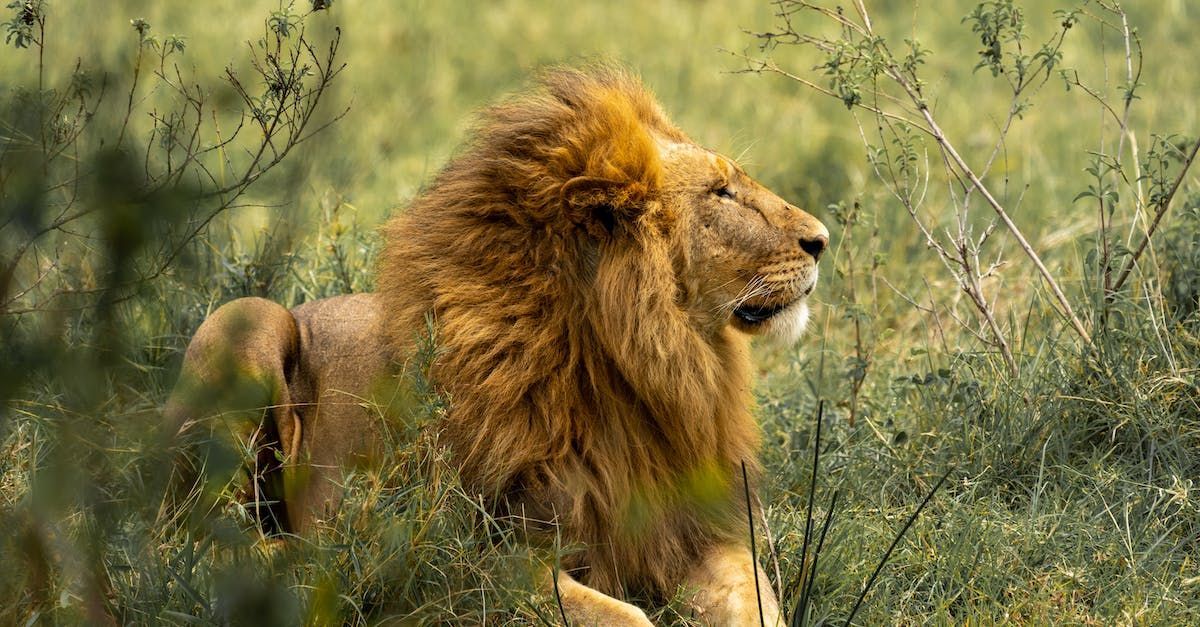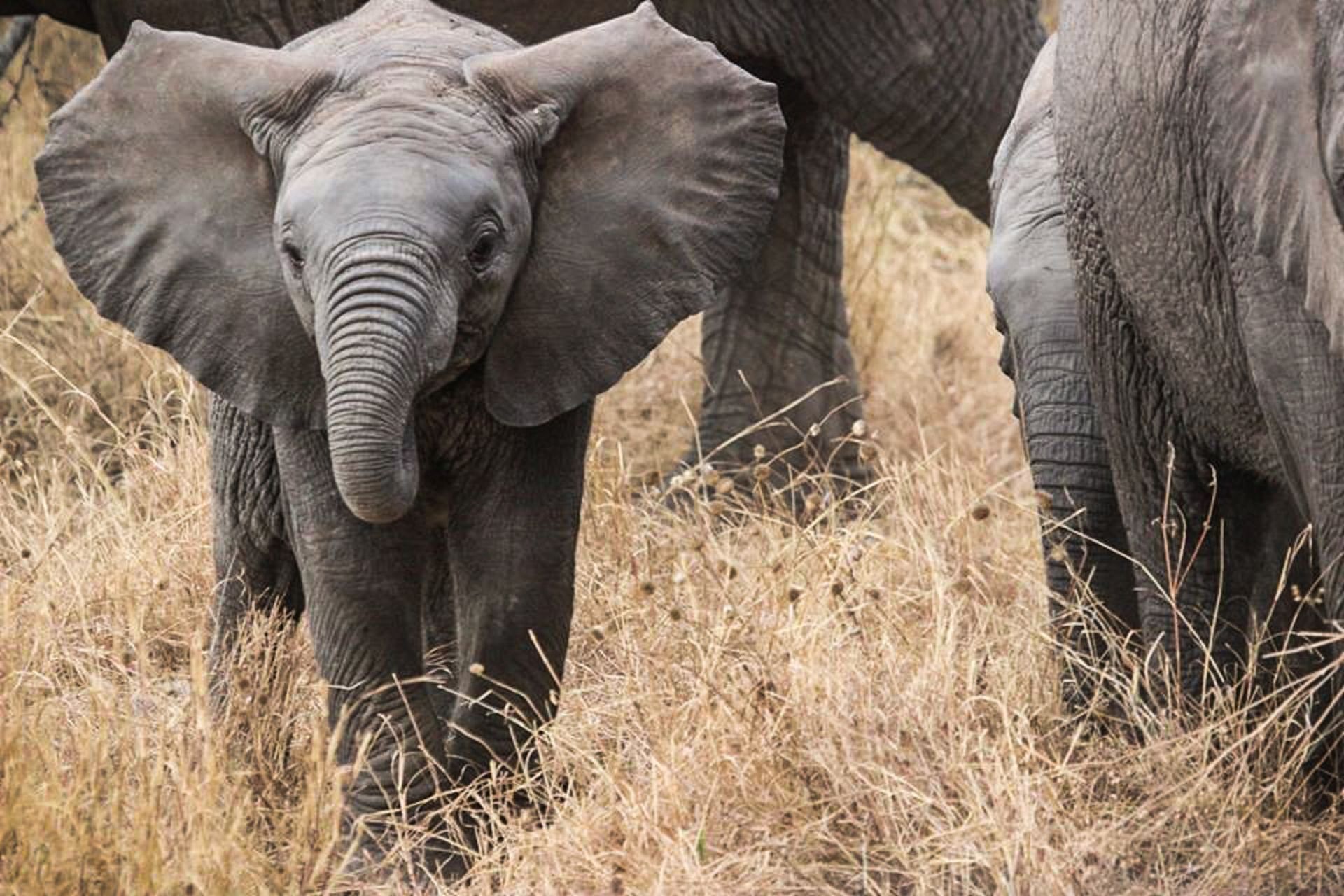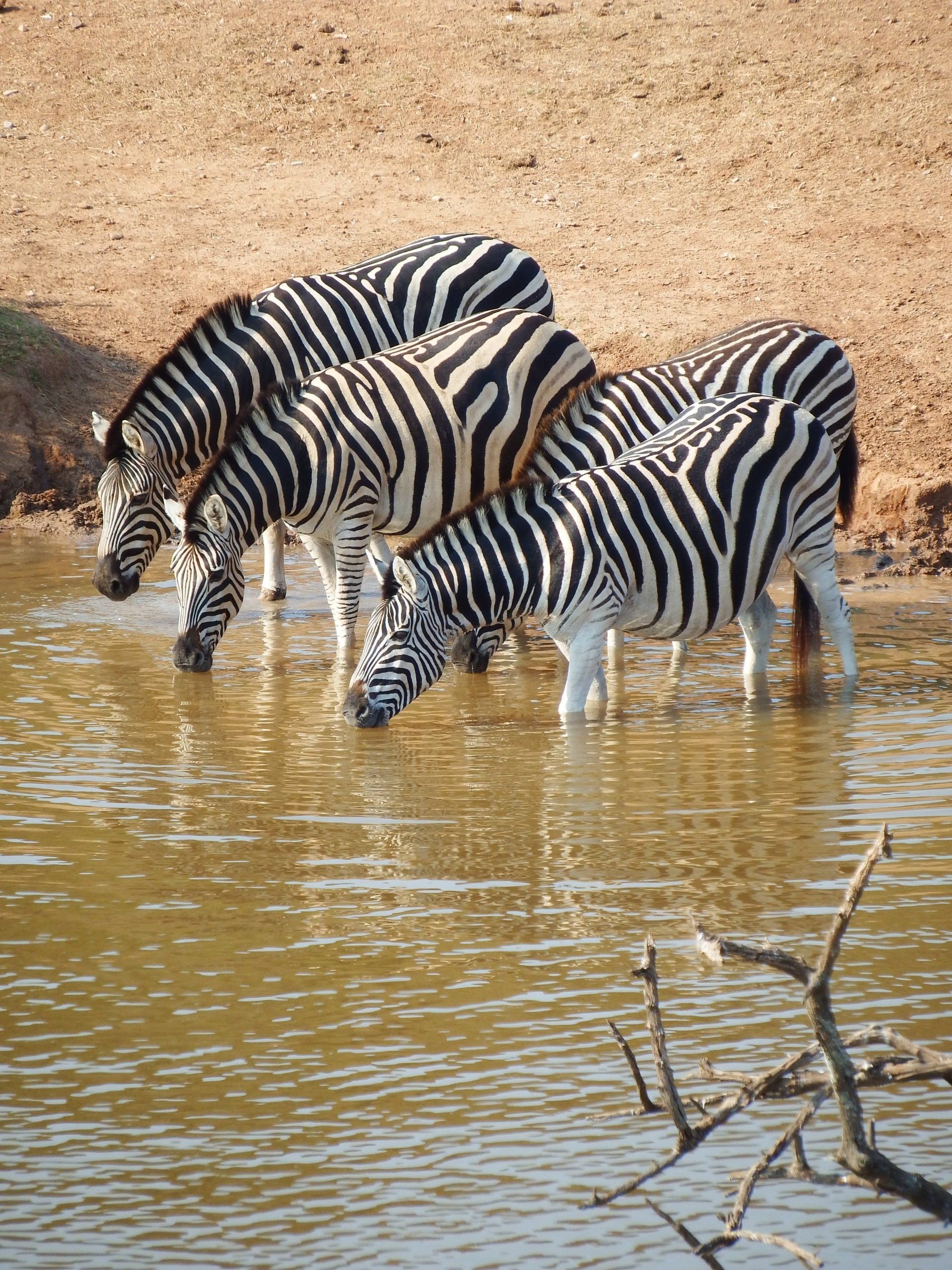Welcome in The Serengeti
Weather and climate
The Serengeti experiences a classic savanna climate with distinct wet and dry seasons. The dry season, from June to October, offers clear skies and cooler temperatures, making it ideal for wildlife viewing during the Great Migration. The wet season, from November to May, brings occasional rain showers and lush green landscapes, attracting migratory birds and newborn wildlife.
Accommodations
Popular accommodations in the Serengeti include luxury tented camps and lodges situated within the national park and surrounding private reserves. Some well-known locations include Serengeti Serena Safari Lodge, Four Seasons Safari Lodge Serengeti, Singita Sasakwa Lodge, and &Beyond Serengeti Under Canvas.
Travel advice and safety
When visiting the Serengeti, it's essential to book a safari with a reputable tour operator or lodge that follows safety protocols and has experienced guides. Respect wildlife and maintain a safe distance from animals, especially predators. Follow park regulations and guidelines to ensure a safe and enjoyable experience.
Activities and attractions
Key attractions in the Serengeti include witnessing the Great Migration, where millions of wildebeests, zebras, and other herbivores traverse the plains in search of water and grazing land. Other activities include guided game drives, hot air balloon safaris offering panoramic views of the landscape, and bush walks with experienced rangers for a closer look at flora and fauna.
Local cuisine and restaurants
While the Serengeti is primarily known for its wildlife experiences rather than culinary delights, lodges and camps offer a variety of international and local dishes. Recommended dining options include dining under the stars at your safari lodge or enjoying a traditional Swahili meal prepared by local chefs.
Transport
Transport within the Serengeti is primarily conducted via safari vehicles provided by tour operators or lodges. There are no taxi services or public transportation options within the park. Safari packages often include transportation from nearby airports or towns to the accommodations within the Serengeti.
Currency and payment
The currency used in Tanzania, including the Serengeti, is the Tanzanian Shilling (TZS). While some lodges and camps accept credit cards, it's advisable to carry cash for gratuities and purchases from local vendors.
Language and communication
Swahili and English are the official languages spoken in Tanzania, including the Serengeti. English is widely spoken in tourist areas and by safari guides, making communication relatively easy for international visitors.
Culture and local customs
Tanzanian culture is diverse, with various ethnic groups each contributing to the country's traditions and customs. Visitors to the Serengeti should respect local customs, such as greeting people with a handshake or "Jambo" (hello), and dressing modestly, especially when visiting Maasai villages or cultural sites.
Packing list
When packing for a safari in the Serengeti, consider bringing lightweight and neutral-colored clothing for optimal comfort and blending in with the environment. Essentials include sunscreen, insect repellent, binoculars, a camera with extra batteries, and a hat for sun protection.
Budgeting
The cost of a safari in the Serengeti varies depending on accommodation, duration, and level of luxury. On average, a mid-range safari package can cost between $250 to $500 per person per day, including accommodation, meals, park fees, and safari activities.
Health and medical facilities
Medical facilities in the Serengeti are limited, with the nearest hospitals located in towns outside the park, such as Arusha and Mwanza. It's essential to have comprehensive travel insurance that covers medical emergencies and evacuation to a larger medical facility if needed.
Travel tips and recommendations
Arrive at the Serengeti during the dry season (June to October) to witness the Great Migration and optimal wildlife viewing opportunities. Consider combining a safari in the Serengeti with visits to other nearby parks, such as Ngorongoro Crater and Tarangire National Park, for a more diverse safari experience.
Emergency contacts
In case of emergencies within the Serengeti National Park, contact park authorities or your safari guide. For medical emergencies, dial 112 or seek assistance from your safari lodge or tour operator.
Internet and communication
Internet and mobile network coverage in the Serengeti can be limited, especially in remote areas of the park. Some lodges and camps may offer WiFi access, but it's advisable to check with your accommodation provider beforehand. Major telecom providers in Tanzania include Vodacom, Airtel, and Tigo.
Submit your travel inquiry here
Thank you for contacting us.
We will get back to you as soon as possible.
We will get back to you as soon as possible.
Oops, there was an error sending your message.
Please try again later.
Please try again later.











